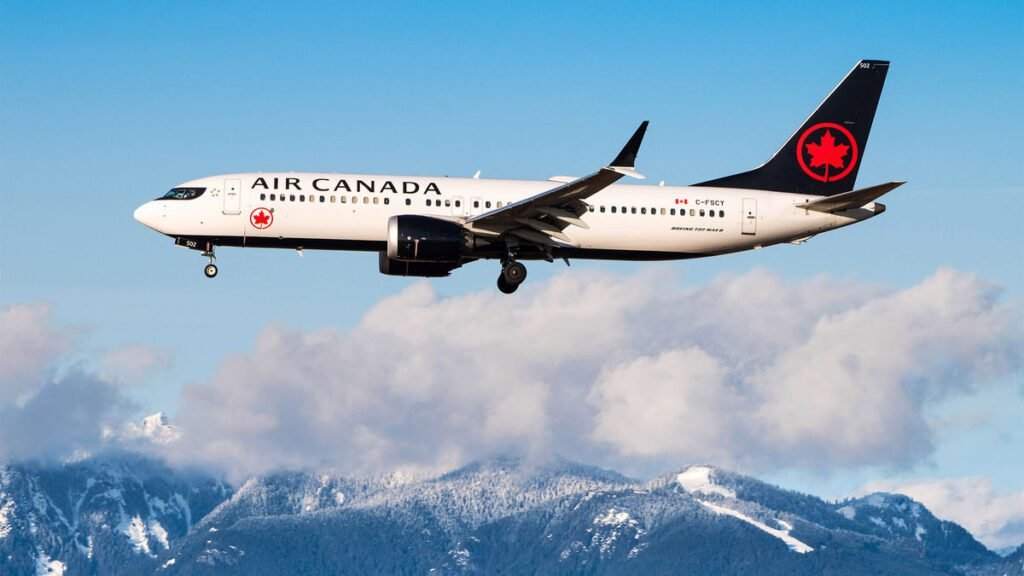TORONTO (AP) — In a bold move, the union representing 10,000 striking Air Canada flight attendants has announced they will not comply with a return-to-work order, even after the strike was deemed illegal by the Canada Industrial Relations Board. This protest, now entering its third day, is critically impacting approximately 130,000 travelers daily during the busy summer travel season, as both the airline and its workforce remain entrenched in disagreements over pay and working conditions.
Air Canada has reported that rolling cancellations are now extending into the afternoon of Tuesday, August 19, following the union’s decision to ignore a second directive to return to work. Earlier, the flight attendants disregarded an initial order to submit to arbitration, which sought to bring about a resolution via government intervention.
The Canada Industrial Relations Board, responsible for interpreting Canada’s labor laws, mandated that the union inform its members by noon on Monday that they must resume work. Yet, union leadership remains resolute. “If it means folks like me going to jail, then so be it. If it means our union being fined, then so be it,” stated Mark Hancock, President of the Canadian Union of Public Employees (CUPE). Hancock emphasized the need for a resolution to come through negotiation, asserting, “Our members want a solution, but it has to emerge from the bargaining table.”
Government and Public Reaction
As the strike continues, labor leaders have criticized the government’s repeated enforcement of laws that limit workers’ rights to strike and compel arbitration, citing similar actions taken in recent years with other sectors, such as ports and railways. “We are in a situation where literally hundreds of thousands of Canadians and visitors are being disrupted by this action,” stated Prime Minister Mark Carney, who urged both sides to quickly resolve the impasse.
Carney noted that the jobs minister would provide more updates soon, expressing disappointment at the lack of a deal from the negotiations. He also highlighted the importance of ensuring fair compensation for flight attendants.
Impact on Travelers
With Air Canada operating around 700 flights daily, the ongoing strike is poised to disrupt thousands of customers. The airline anticipates that around 50,000 travelers will feel the consequences of this strike action. Air Canada’s Chief Executive Michael Rousseau expressed hope for a quick resolution, stating, “We’re obviously hoping we can go tomorrow, but we will evaluate that decision later today.”
Travelers are feeling the frustration firsthand. Tourists John and Lois Alderman, stranded in Toronto, mentioned they were informed they might have to wait four to five additional days to fly back to Manchester, England. John, a diabetic, voiced his concerns: “I’m going to run out of insulin in about four days. That’s going to cause a problem.” Such personal stories underscore the significant human impact of the ongoing labor dispute.
Details of the Dispute
Flight attendants initiated the strike early Saturday morning, rejecting the airline’s request to enter into government-directed arbitration—a process that would allow a neutral mediator to decide the terms of a new contract. The two parties have been in contract negotiations for about eight months. A primary point of contention remains the issue of pay and the unpaid work required of flight attendants when flights are not in progress.
As the situation unfolds, the pressure mounts on both Air Canada and the flight attendants’ union to find common ground. With the stakes so high for travelers and the airline’s operations, the urgency for resolution remains palpable.



